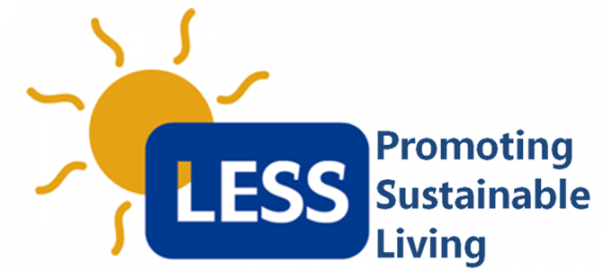What is the project challenge?
Less is More will provide ‘proof of concept’ for a Lancaster-based real-life-digital ‘game’ that sets real-life sustainable challenges that are rewarded with online recognition and/or physical rewards. The game would aim to encourage people to consume less and make more sustainable lifestyle choices.
We envisage that in the eventual form of the game, players will be able to set, monitor and complete sustainable challenges and log their activity through for example GPS mapping, using their BARTER card in a local shop, or uploading ‘evidence’ (for example a photo of action). The activity would then be rewarded with online points (creating the element of competition) that can translate to real life rewards. This model will be trialled using a basic model of the game in the first months of next year.
The challenge of providing ‘proof of concept’ is therefore focussed on approaching potential players, and exploring with them how best to motivate engagement, for example how the game should look and feel, whether they would play on their own or in teams, how we can make the most of the “fun” aspect of involvement – how best to exploit the power of ‘gamification’ – and how the interface with the real world would work. We hope that the game would involve synergies with other sustainability projects and Catalyst projects such as BARTER, and act as another mode of motivation for sustainable behaviour that might appeal beyond the “usual suspects”.
In research terms, we will be holding short deliberative workshops with groups of potential users including creative media students, senior learners at the University and other groups as we identify them – to ensure that the game design process is bottom-up and acceptable to potential users. We hope to run a Q-sort activity to identify clusters of attitudes towards pro-environmental behaviours that might help in tailoring the game to appeal to different groups with different motivations, views of responsibility and so forth. Interviews will also take place after the game architecture has been trialled. Along the way this will test the different theories of recruitment to sustainable practices proposed by gamification (intrinsic and extrinsic rewards), Cultural Theory, behaviourist models behind the government’s Behaviour Change programme, and social practice theory.
Who are involved?
LESS UK, Lancaster and Morecambe College, Young Addaction North Lancashire, and a cross disciplinary team of academics from Lancaster University. In addition there are plans to create a pilot ‘Tech Buddy’ volunteering scheme to support people without IT skills or internet access to participate.
What new digital technology is developing?
Less is More will create a detailed concept for the makings a Lancaster-based ‘game’ that sets real-life sustainable challenges, to be rewarded with online recognition and
physical rewards. E.g. walk-to-work, turn down thermostat, sell your car etc.
What are the intended impacts?
The game aim will be to encourage people to consume less and make more sustainable lifestyle choices by furthering understanding of how consumption is impacting on the planet, the local economy and on health and well-being.





